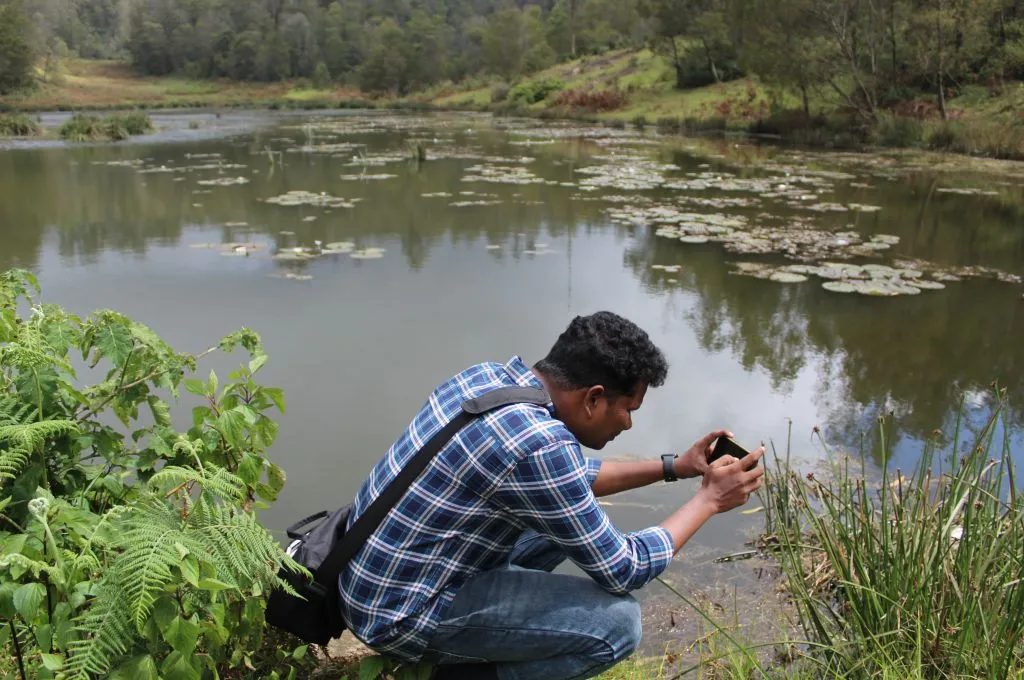Ingrid: The biggest step philanthropy can take in the longer term is to strengthen the civil society ecosystem.
IDR: That’s Ingrid, Founding Director at the Centre for Social Impact and Philanthropy (CSIP) at Ashoka University. She’s telling us about a report that CSIP published last month, called ‘Advocacy, Rights and Civil Society’ and why they chose to work on this.
I’m Sneha Philip from IDR, and you’re listening to ‘IDR Shorts,’ a five-minute podcast that distils new ideas and research in development.
CSIP, along with research partners How India Lives and Lumen Consulting, spent many months studying government databases and speaking to a range of people to take a closer look at funding to nonprofits in India. They’ve looked at how some of the changes made to the FCRA Act have affected our sector; and, their report talks about how philanthropy can step in to fill the gaps that have been created by around 20,000 FCRA licenses being cancelled.
Related article: The opportunity for new philanthropy
Ingrid: One of the reasons why we have the situation we have is because civil society does not have a strong enough voice when it comes to either policy or public discourse. There are three broad things that Indian philanthropy can do to address nonprofits affected by the FCRA cancellations. One is to just support such organisations by creating a legal defence fund to challenge some of these rulings. The second is to extend support to organisations who have lost funding for no particular reason other than their funder being watch-listed. And thirdly, to look at creating some sort of bridge fund if you will, that will allow organisations who lose their FCRA to manage in the short run till they find alternatives.
IDR: The report also talks about what philanthropists can do over the next few years and in the long term, such as including rights-based and advocacy organisations in their grant portfolios. I for one, particularly like the suggestion to develop a media strategy so they can better inform the public of the value of civil society, possibly highlight important work, and emphasise why social organisations need to be supported.
If you’d like to read the whole report, you can download it from the Ashoka CSIP website.
*Rachita Vora contributed to this podcast.
Disclaimer: Ingrid Srinath is Founding Director at the Centre for Social Impact and Philanthropy (CSIP) at Ashoka University; IDR is produced in partnership with CSIP.





